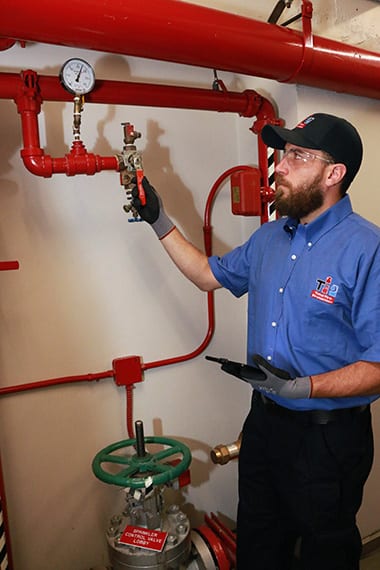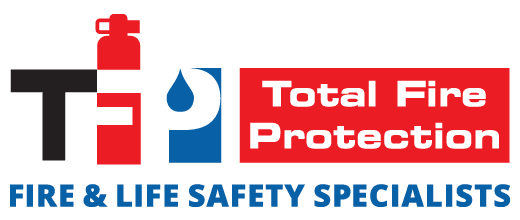 Fire prevention is something all business owners should know about and be prepared for should this unfortunate event occur. Preventing fires is essential in general. However, certain facilities must have specific strategies in place to ensure the protection of the building and the safety of the people within it. One type of building where particular fire prevention strategies are required is healthcare facilities.
Fire prevention is something all business owners should know about and be prepared for should this unfortunate event occur. Preventing fires is essential in general. However, certain facilities must have specific strategies in place to ensure the protection of the building and the safety of the people within it. One type of building where particular fire prevention strategies are required is healthcare facilities.
Benefits of a Strong Fire Prevention Plan for Healthcare Facilities
When you operate a healthcare facility, you need to be concerned for the building and people who come and go within it, in addition to patients who may be in the building 24/7. When you have a strong fire prevention plan, you’ll feel confident knowing you can prevent fires and safely provide for the patients in your care. You’ll also know you can respond correctly should a fire occur.
Risk of a Poor Plan
If you have a poor plan in place in the case of fire prevention, you won’t know how best to prevent fires from occurring. You also won’t be adequately prepared to react should a fire occur. When you have a fire prevention strategy in place that’s specifically designed for healthcare facilities, you’ll be able to protect the patients and staff within the facility adequately.
Also, if you have a poor fire prevention plan for your healthcare facility, you may not comply with pertinent rules and regulations. You must have the proper documentation showing that your healthcare facility is doing everything it should to safely care for and protect the people within the building in the case of a fire.
Six Essential Strategies
There are six essential strategies that healthcare facilities should have in place with regard to fire prevention strategies:
- Regularly maintain and inspect fire suppression tools: Regular maintenance and inspections of fire suppression systems and tools are essential. This continual maintenance and inspection ensure your building complies with laws and regulations and ensures your fire suppression tools work if and when needed.
- Establish evacuation plans and hold fire drills: Everyone in your healthcare facility must know what to do in the case of a fire.
- Hold fire extinguisher training: Should a fire occur, your staff members must know how to use a fire extinguisher.
- Be mindful of kitchen fires and fire suppression tools: Fires often start in the kitchen. Therefore, be cognizant of kitchen fire potential and have the proper kitchen fire suppression tools in place.
- Keep smoking and oxygen separate: Smoking and oxygen should never be near each other. Make sure smoking, if any, is kept far away from oxygen sources.
- Fire safety training sessions: Regular fire safety training for your employees will help them to be knowledgeable about how to respond in the case of a fire and comfortable knowing how to do so.




